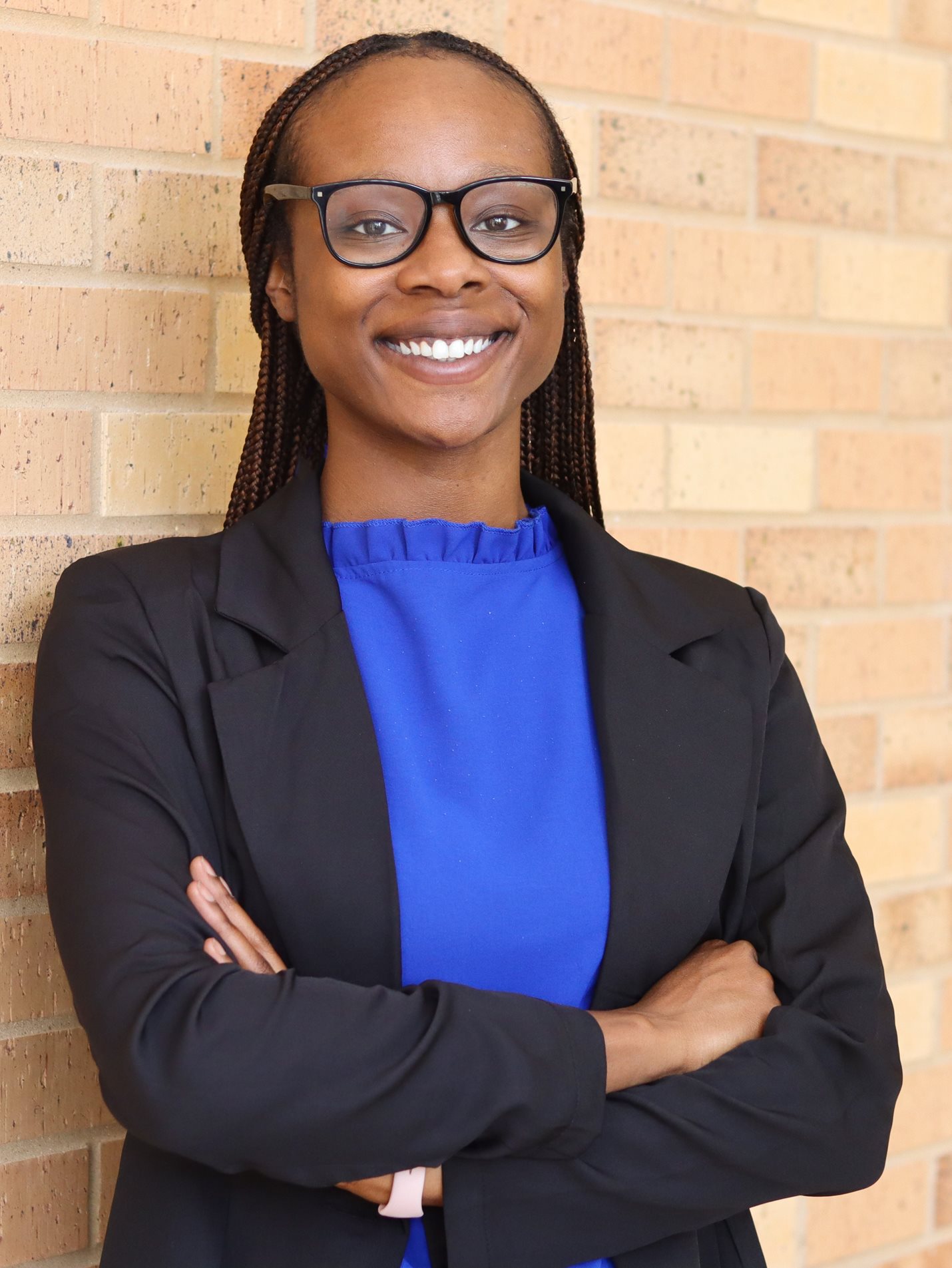April 2024

Professors and Attendance: What’s Up with That??
By Aminah Crawford
Professors' attitudes toward attendance in higher education can vary widely, influenced by pedagogical philosophies, institutional policies, and disciplinary norms. Professors' attitudes on attendance for graduate students can also be a result of how they were trained and how they were treated as graduate students at their previous institutions or attitudes about attendance can come from previous experiences as professors or other professionals. While some instructors place a high emphasis on attendance as a measure of student engagement and participation, others adopt a more flexible approach in that they don’t take attendance at all.
In general, attendance policies serve as a means of promoting student success and academic achievement. Attendance policies are regarded as essential because they ensure that students fully engage with course material, participate in discussions, and benefit from learning experiences in the course. There is belief that consistent attendance fosters a sense of accountability, discipline, and time management skills among students, ultimately contributing to their overall academic growth. Additionally, attendance can be seen as a reflection of students' commitment to their education and respect for the learning community.
While, graduate students are aware and acknowledge the benefits of consistent attendance at this level in our academic journey. I argue that attendance does not have the same kind of benefits as it does, at other levels. This is not to say that I am arguing for anti-attendance as I do believe that students should attend the majority of their classes because the likelihood of you being able to get the most out of the class and get good grades is uncommon. However, when graduate students miss class it’s not as if we’re missing class because we don’t feel like going. It’s not like we’re missing class because we decided we’d rather go out to eat or we want to create some kind of fake sick note because we’re lazy. We have classes one day a week for three hours. We are very well aware that when we miss class, there’s a lot of material that you are missing and that you have to catch up on your own time. We are very well aware that this is Makeup work that you have to do in addition to staying on track with your other classes and your other obligations.
Again, this is not to say that some graduate students may not take attendance seriously; however, one could argue that they are more of the exception and not the rule. So, instead of listening to my opinion about attendance, I went out into the community and asked other graduate students and professors for their opinions:
* I appreciate that our professor doesn’t take attendance because it indicates that they know we are responsible for our learning and that they trust we’re going to take care of it
* If you’re treating me as a professional, why do you have such a strict attendance policy?
* OK, having a stricter attendance policy makes sense for classes that rely on more conversation and discussion, but for classes that are structured differently. I just don’t understand why the attendance policy is so strict and not flexible.
* As a graduate student, attendance is crucial because time is of the essence, and since we don’t get to experience class once a week, missing that class can definitely hinder what you get out of class.
* Attending class is important because it’s challenging to catch up on missing lectures and classwork. However, it’s not life or death, so attendance policies should be flexible.
Overall, professors' perspectives on attendance reflect a complex interplay of educational values, instructional strategies, and contextual factors. While some prioritize attendance, others adopt a more flexible approach. Ultimately, the effectiveness of attendance policies lies in their alignment with the overarching goals and values of higher education, as well as their ability to support student success and academic excellence.
